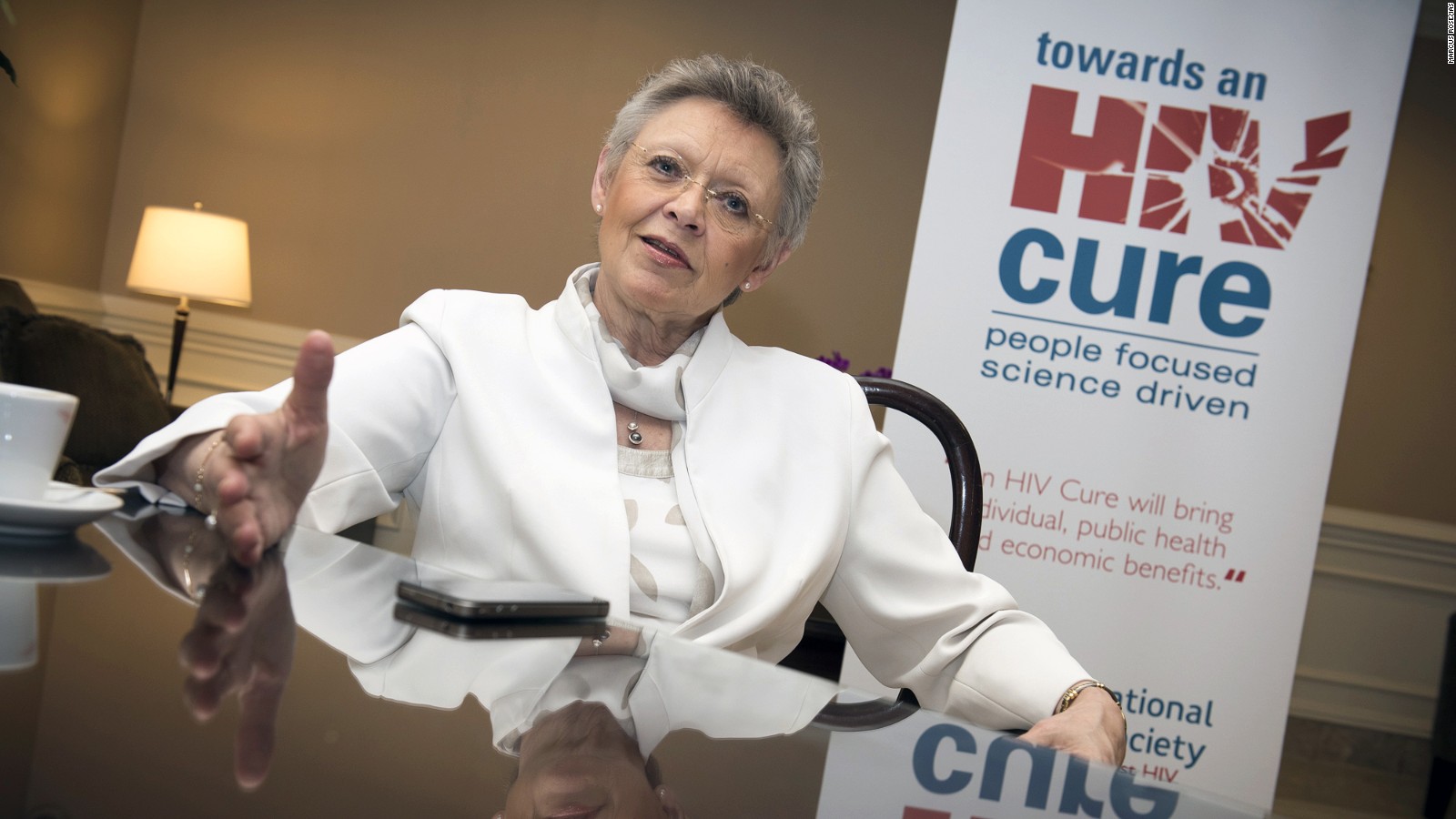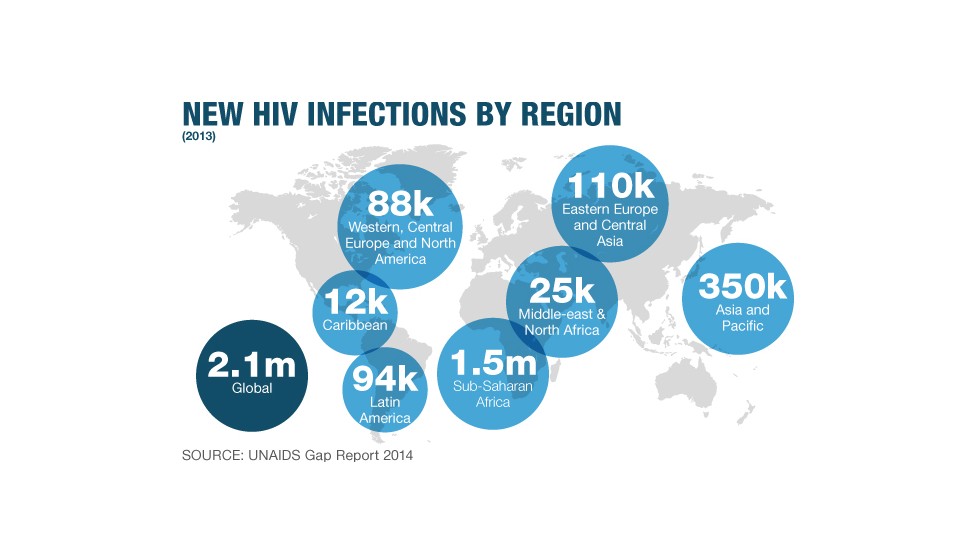HIV discoverer: 'To develop a cure is almost impossible'

Francoise Barre-Sinoussi, at the International AIDS Society Conference, in Vancouver.
Vital Signs is a monthly program bringing viewers health stories from around the world.
Vancouver She's
the woman who co-discovered HIV in 1983, and won a Nobel Prize for her
work. But next month, French scientist Francoise Barre-Sinoussi will
retire from her lab.
She spoke with CNN at this week's International AIDS Society Conference,
in Vancouver, about activism, the future of HIV and why there's still
no cure -- as well as answering questions submitted by our readers on
Twitter.
At the beginning, the epidemic was in San Francisco in the gay community. How have you seen this change over time?
The
epidemic changed in the gay population, for example, because they were
very well informed and starting to protect themselves against the
infection. However, we are starting again to see the epidemic starting
in the gay population -- at least in a proportion of the gay population
in Europe, Australia and United States. I am a little bit worried that
we'll start to have the same profile of the epidemic that we were having
in the early 80s. 

Comments
Post a Comment